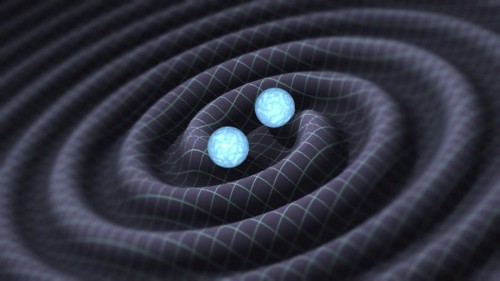The Laser Interferometer Gravitational-Wave Observatory (LIGO) is a ground-based interferometer used to detect gravitational waves from some of the most spectacular astrophysical events in the Universe. Gravitational waves from these objects manifest as nearly imperceptible changes in distance (strain), requiring an unparalleled level of sensitivity in order to distinguish such signals from a noisy background. Our world is noisy, the noises we encounter are normal everyday occurrences that have little to no effect in our lives, but with LIGO, this noise does matter.
LIGO's main strain channel is contaminated with loud and transient noise artifacts, called "glitches," which has required LIGO to use instruments dedicated to tracking possible causes of noise. This information is recorded in auxiliary channels. My overall goal is to develop a machine learning algorithm (MLA) that uses information from the auxiliary channels to perform real-time predictions about the presence of glitches in the strain data. Previous attempts at constructing an MLA had large variability in effectiveness day to day. In this talk, we propose to implement a “Master of Experts” method designed to account for the changing nature of glitch characteristics over time.
Join us on Friday, September 23, from 12 - 1 p.m. in Hayes 211/213 to hear Kali's presentation. Lunch will be available in Hayes 203 from 11:45 to 12:15. We hope to see you then!
